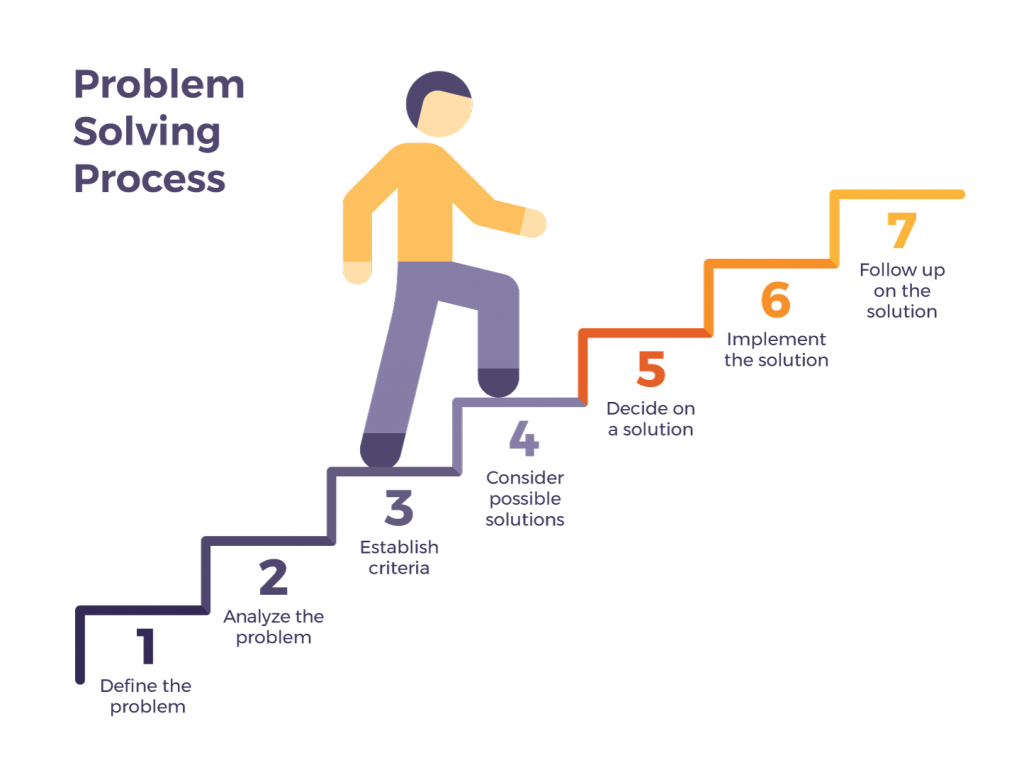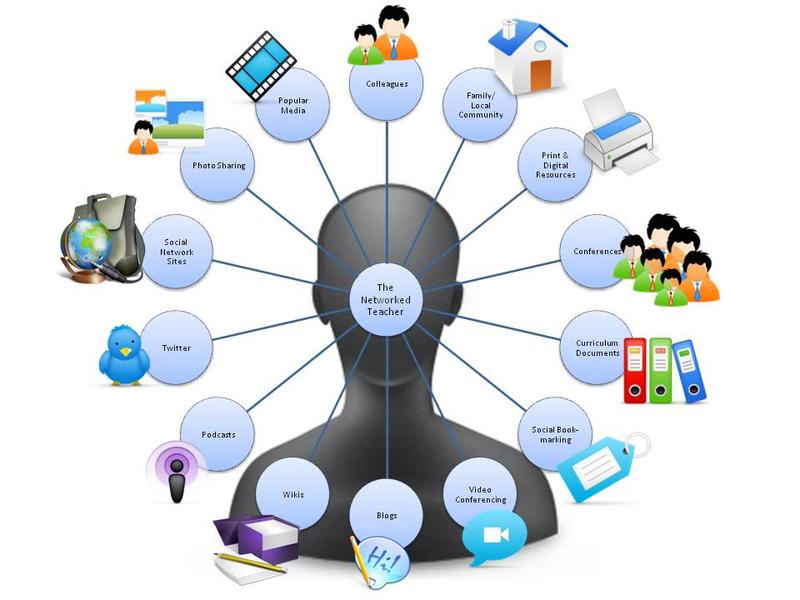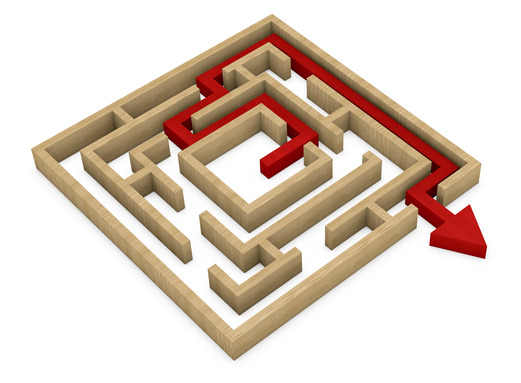What is critical thinking? Critical thinking refers to the ability to analyze information objectively and make a reasoned judgment. It involves the evaluation of sources, such as data, facts, observable phenomena, and research findings.
Good critical thinkers can draw reasonable conclusions from a set of information, and discriminate between useful and less useful details to solve problems or make decisions.
Why Do Employers Value Critical Thinking Skills?
Employers want job candidates who can evaluate a situation using logical thought and offer the best solution.FEATURED VIDEO
Someone with critical thinking skills can be trusted to make decisions independently, and will not need constant handholding.
Critical thinking abilities are among the most sought-after skills in almost every industry and workplace.2 You can demonstrate critical thinking by using related keywords in your resume and cover letter, and during your interview.
Examples of Critical Thinking
The circumstances that demand critical thinking vary from industry to industry. Some examples include:
- A triage nurse analyzes the cases at hand and decides the order by which the patients should be treated.
- A plumber evaluates the materials that would best suit a particular job.
- An attorney reviews evidence and devises a strategy to win a case or to decide whether to settle out of court.
- A manager analyzes customer feedback forms and uses this information to develop a customer service training session for employees.
Promote Your Skills in Your Job Search
If critical thinking is a key phrase in the job listings you are applying for, be sure to emphasize your critical thinking skills throughout your job search.
Add Keywords to Your Resume
You can use critical thinking keywords (analytical, problem solving, creativity, etc.) in your resume. When describing your work history, include any of the skills listed below that accurately describe you. You can also include them in your resume summary, if you have one.
For example, your summary might read, “Marketing Associate with five years of experience in project management. Skilled in conducting thorough market research and competitor analysis to assess market trends and client needs, and to develop appropriate acquisition tactics.”
Mention Skills in Your Cover Letter
Include these critical thinking skills in your cover letter. In the body of your letter, mention one or two of these skills, and give specific examples of times when you have demonstrated those skills at work. Think about times when you had to analyze or evaluate materials to solve a problem.
Show the Interviewer Your Skills
You can use these skill words in an interview. Discuss a time when you were faced with a particular problem or challenge at work and explain how you applied critical thinking to solve it.
Some interviewers will give you a hypothetical scenario or problem, and ask you to use critical thinking skills to solve it. In this case, explain your thought process thoroughly to the interviewer. He or she is typically more focused on how you arrive at your solution rather than the solution itself. The interviewer wants to see you use analysis and evaluation (key parts of critical thinking) approach to the given scenario or problem.
Of course, each job will require different skills and experiences, so make sure you read the job description carefully and focus on the skills listed by the employer.
:max_bytes(150000):strip_icc():format(webp)/critical-thinking-definition-with-examples-2063745-updated2020-10ac813131654257b3e637fe20050ef7.png)
Top Critical Thinking Skills
Analysis
Part of critical thinking is the ability to carefully examine something, whether it is a problem, a set of data, or a text. People with analytical skills can examine information, understand what it means, and properly explain to others the implications of that information.
- Asking Thoughtful Questions
- Data Analysis
- Research
- Interpretation
- Judgment
- Questioning Evidence
- Recognizing Patterns
- Skepticism
Communication
Often, you will need to share your conclusions with your employers or with a group of colleagues. You need to be able to communicate with others to share your ideas effectively. You might also need to engage critical thinking in a group. In this case, you will need to work with others and communicate effectively to figure out solutions to complex problems.
- Active Listening
- Assessment
- Collaboration
- Explanation
- Interpersonal
- Presentation
- Teamwork
- Verbal Communication
- Written Communication
Creativity
Critical thinking often involves creativity and innovation. You might need to spot patterns in the information you are looking at or come up with a solution that no one else has thought of before. All of this involves a creative eye that can take a different approach from all other approaches.
- Flexibility
- Conceptualization
- Curiosity
- Imagination
- Drawing Connections
- Inferring
- Predicting
- Synthesizing
- Vision
Open-Mindedness
To think critically, you need to be able to put aside any assumptions or judgments and merely analyze the information you receive. You need to be objective, evaluating ideas without bias.
- Diversity
- Fairness
- Humility
- Inclusive
- Objectivity
- Observation
- Reflection
Problem Solving
Problem solving is another critical thinking skill that involves analyzing a problem, generating and implementing a solution, and assessing the success of the plan. Employers don’t simply want employees who can think about information critically. They also need to be able to come up with practical solutions.
- Attention to Detail
- Clarification
- Decision Making
- Evaluation
- Groundedness
- Identifying Patterns
- Innovation
More Critical Thinking Skills
- Inductive Reasoning
- Deductive Reasoning
- Compliance
- Noticing Outliers
- Adaptability
- Emotional Intelligence
- Brainstorming
- Optimization
- Restructuring
- Integration
- Strategic Planning
- Project Management
- Ongoing Improvement
- Causal Relationships
- Case Analysis
- Diagnostics
- SWOT Analysis
- Business Intelligence
- Quantitative Data Management
- Qualitative Data Management
- Metrics
- Accuracy
- Risk Management
- Statistics
- Scientific Method
- Consumer Behavior
Key Takeaways
Add Relevant Skills to Your Resume: Demonstrate critical thinking by using keywords related to your skills in your resume.
Highlight Skills in Your Cover Letter: Mention some of these skills in your cover letter, and include an example of a time when you demonstrated them at work.
Use Skill Words in Your Job Interview: Discuss a time when you were faced with a challenge at work and explain how you applied critical thinking to solve it.
Site URL: https://www.thoughtco.com/critical-thinking-definition-with-examples-2063745
This article was published on June 8 2020.
Critical Thinking is one of 10 life skills which hqas been identified by UNESCO. The other skills are:
- Problem Solving
- Effective Communication
- Decision Making
- Creative Making
- Interpersonal Relationship skills
- Self Awareness
- Empathy
- Copping with Stress
- Copping with Emotions.











